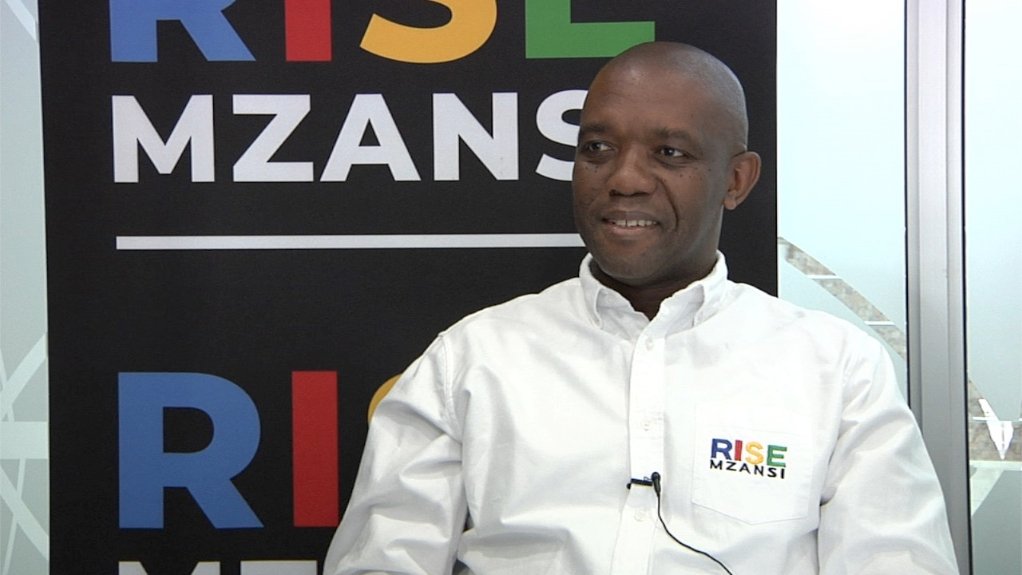South Africa’s 10-party coalition government should forge a new pact that outlines shared obligations and expected conduct to avoid the internal disputes that have repeatedly threatened the alliance, Rise Mzansi said.
The African National Congress formed the so-called government of national unity in June last year after losing its parliamentary majority for the first time since the end of apartheid in 1994. Since then, Government of National Unity (GNU) members have clashed over key issues, including a national budget that took three attempts to pass.
Tensions have also flared between the African National Congress (ANC) and the Democratic Alliance (DA) — the bloc’s two largest parties — over graft and core economic policies. Songezo Zibi, leader of Rise Mzansi, another GNU member, stressed the need for the alliance to move beyond a two-party pact and fully include all partners.
“You need to change the current agreement and make it a mutually binding agreement amongst all political parties,” he said at a press conference on Monday. “We need to have obligations in terms of how we behave and what our minimum political program is going to be.”
The DA has also called for the management of the bloc to be reviewed.
The current statement of intent governing the alliance is non-binding, with agreements limited to bilateral deals between the ANC and each of the nine parties, according to Zibi. Party leaders in the GNU have only met three times outside of cabinet meetings since it was established, he added.
“It’s not possible to get into a cooperation arrangement where you are contesting an election together in some form and none of you are willing to make compromises,” he said.
Parties in the coalition will face voters next year in South Africa’s first municipal elections since the formation of the GNU.
EMAIL THIS ARTICLE SAVE THIS ARTICLE FEEDBACK
To subscribe email subscriptions@creamermedia.co.za or click here
To advertise email advertising@creamermedia.co.za or click here











